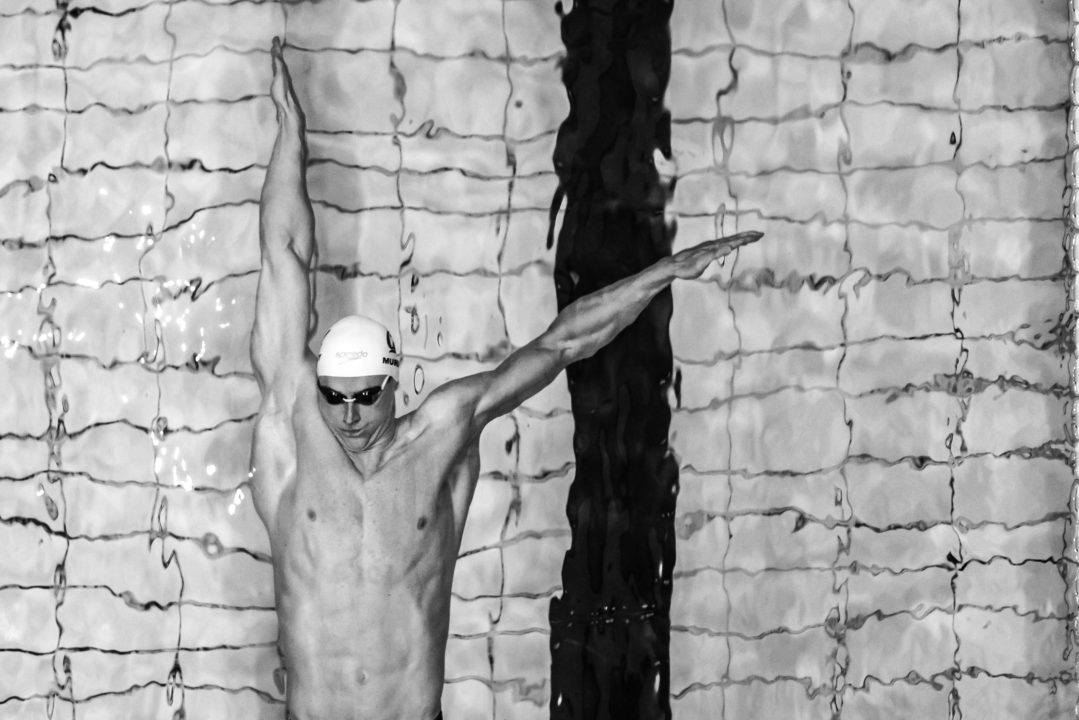Courtesy of Sean Muncie
Once upon a time, a student was assigned a research paper by his professor. This was a good student who took great pride in his studies and worked very hard to maintain a competitive GPA. The student did his research, completed the assignment and turned in the paper as required. The professor scheduled conferences with each student to return and review their papers.
Promptly the student arrived at his professor’s office to receive the good news that would be the grade on his paper and praise from his professor for doing such a great job on the assignment. He entered the office and sat down as instructed. The professor handed him his assignment, accompanied only by the question “is that the best you can do?” Surprised by the question he quickly thought about it and honestly responded to her “no, I guess it’s not”.
The student went home revised his work, reviewed his research, sought out more and better resources, rewrote and edited his paper. Proud of the extra work he had done, he turned in his paper once again to his professor. She told him to return the next day so they may review his work together. Upon returning to her office the next day, the professor handed the paper back to him and again asked again “is this the best you can do?” Surprised, again the student thought to himself for a minute and told her “no, it’s not the best I can do.”
Again, he revised his work, reviewed and sought out more, better and reliable research, rewrote and edited his paper. He turned in the paper to his professor and returned the following day to receive the credit due to him for the time spent. Again the professor returned the paper only with the question “is this the best you can do?” His frustration mounting, the student again thought to himself and honestly answered her “no, that is not the best I can do”.
He took his paper and again revised his work, reviewed and sought out more and better resources, and scheduled an interview with a leading authority in the field concerning his research. He rewrote, edited and turned in his paper. On returning to the professor’s office to discuss the paper she once again handed his paper back to him and asked: “is this the best you can do?” Now with frustration about to boil over he respectfully snapped back “Yes, that is the best I can do!” The professor simply replied “Good, now I’ll read it.”
Parents, we all want to believe that our children are infallible, the truth is, that 100% effort is extremely difficult and there are years of practice and training that goes into an honest 100% effort. Like most things in life, 100% effort is a learned behavior. Like every other coach, over the course of my career, I have had multiple swimmers that have not given 100% effort in practice or in races. The athletes that continued to progress through the sport were the swimmers and parents who were honest in the evaluation of the athlete’s performance and effort and took the time (years!) to train their mind and their body to understand what 100% really is.
Once you drop your swimmer off at practice, it is now their job to do what the coaches ask them to do. More often than not parents want to blame the coach for what they perceive as a lack of progress from their child. The coach understands that this is a process and a long process at that. The skills being taught are difficult and for younger more inexperienced swimmers, there is a lot of information to process and execute in an environment they are unfamiliar with (water). I assure you, part of a coaches’ job description is not “the person I blame when I think my child isn’t progressing as fast as I think they can”. Progress will be slow and gradual. Expecting your swimmer’s progress and success to be instantaneous is unreasonable and places an enormous amount of pressure on everyone involved including your child. The desire for instantaneous rewards will do more than harm than good and you run the risk of sabotaging your swimmer’s performance because of irrational expectations. Above all, do not compare your child’s performance to another and use that as a baseline for what you think your child should be doing. Once again, that will place an unrealistic expectation on your swimmer and you not only run the risk of sabotaging their performance but running them out of the sport altogether.
Forget what you think you know. The only ones who truly know what is going on in the water are the coaches. The coach has been watching your child swim day in and day out for months (if they haven’t, then the lack of perceived performance is your fault because you have not been getting them to practice). The coaches know what true effort and concentration looks like. They also know how to balance the absence of concentration and effort and still teach when it isn’t 100% there. The coaches are not just responsible for the skills and development of your child, but for the skills and development for 30 other children. The skills they are working on in practice are meant to serve the entire group not just a select few. Your child will benefit more (long-term) from the Group Developmental Perspective utilized by the coach rather than Individual Developmental perspective utilized by parents. Think about it, if a parent feels like they can bully a younger age group coach into doing what they feel is necessary for their child, they can compromise the integrity of the coach, the skills that the coach knows the entire group needs, and ultimately the integrity of the entire program. Parents, do you want a coach teaching your child the way another parent wants them to teach? Or do you want them teaching the skills and the method the way the coach knows they need to teach? It is your responsibility to help teach this greater perspective to those parents that may not understand it. Trust the coaches, trust that the coaches are there not for their own fame, glory, or wealth, and let them do their job without interference.
Long-term success in anything comes from individuals who have learned accountability for their actions and do not seek to blame others for their shortcomings. Accountability on the part of the athlete cannot only be taught at the pool, it must be reinforced at home with a positive relationship and trust of the coaching staff.
About Sean Muncie
Sean Muncie recently took the Head Coaching position at the Spokane Waves Aquatic Team (SWAT) in Spokane, WA. He has been a USA Swimming Coach for 20 years with multiple Nationally Ranked 18 and Under athletes to his credit. His most recent accomplishment is placing a swimmer on the 18 & Under Jr. World Team in 2017.
